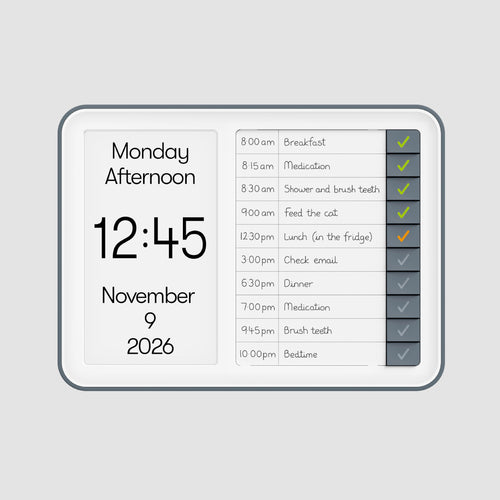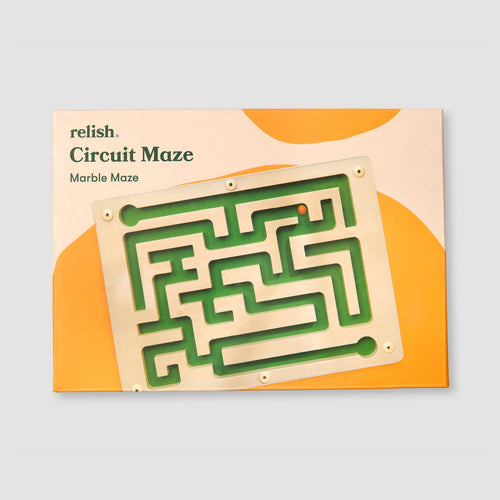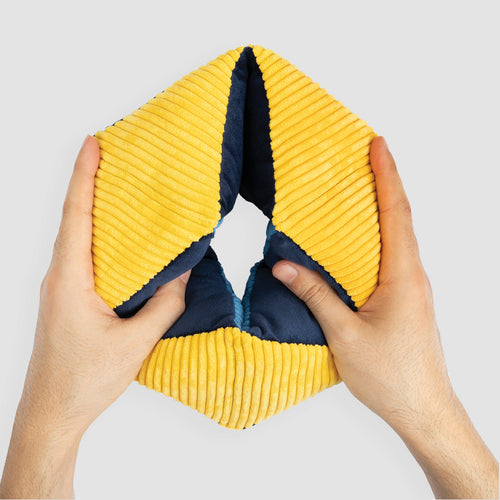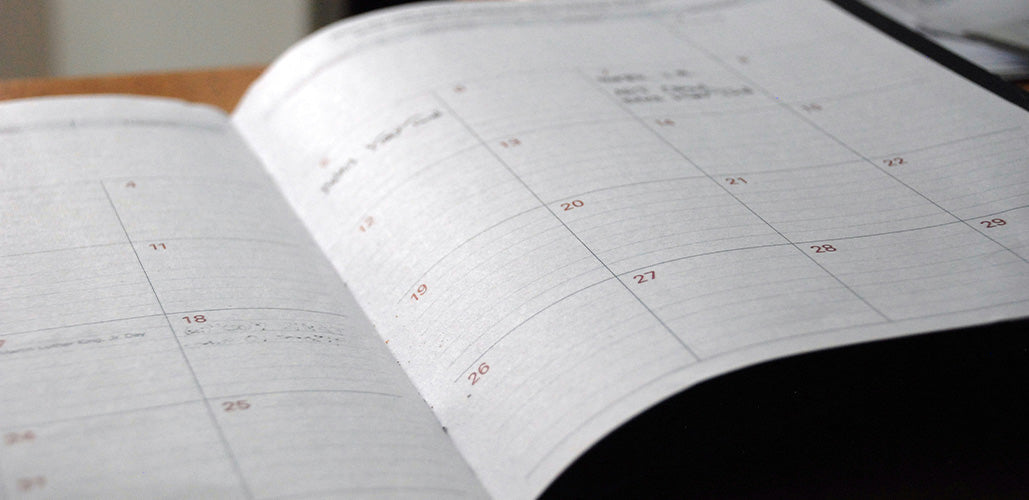A routine refers to things that regularly happens, usually on a daily basis. A routine could be comprised of anything you do, from eating breakfast, reading the paper and going for a walk and can be used to complete tasks in a certain order, for example at night time it may begin in the bathroom with brushing teeth, and then move to the bedroom for getting changed and into bed.
When building a routine for your loved one you should try to include things which are beneficial for both their physical and mental wellbeing. You can have several different routines that make up the day or week; it doesn’t have to be exactly the same every day or week but if you keep it as regular as possible it will be greatly beneficial for someone living with dementia. We have discussed some of the main benefits of daily routines for those living with dementia.
Reduced Anxiety
Familiarity is comforting and calming. People living with dementia react well to routine as it allows them to be able know what to expect each day meaning there is less chance of them becoming confused or surprised at what is happening. The feeling of certainty is calming and can help to reduce anxiety and stress.
Maintain Abilities
Practicing an activity regularly increases the likelihood that ability will remain. By including exercise and mental activity in your loved one’s daily routine you are ensuring they are regularly using these skills. The regular and repetitive nature of a routine then means they will likely hold on to their skills for longer.
Independence
A predictable routine can prevent a person living with dementia from becoming distracted and confused as to what they are doing. Continuing a structured routine can help it to become a part of your loved one’s day to day life and therefore encourage independence.
By performing the same tasks everyday independently your loved one will be able to maintain independence for longer, and by practicing the actions regularly can help to shift it to the long-term memory.
Adjusting Routines
Implementing a routine is great, but it may then pose the question of what happens when the routine is interrupted or needs to be adjusted. As your loved one progresses along their dementia journey you may need to simplify or alter the tasks they include in their routine. Be sure to keep an eye out to see when this needs to be done and phase the changes in rather than abruptly deviating from the routine.
There may also be times when something may come up that is not part of the routine such as a doctor’s appointment, this is why you should allow flexibility in the routine and allow time for unplanned activities. If you have a set amount of time free for unplanned activity you can ensure the rest of the routine stays the same. Be sure to cater the routine to your loved one and be careful not to force any activity they object to. You don’t have to do something just because it is part of the routine, be open to adjustment.
















